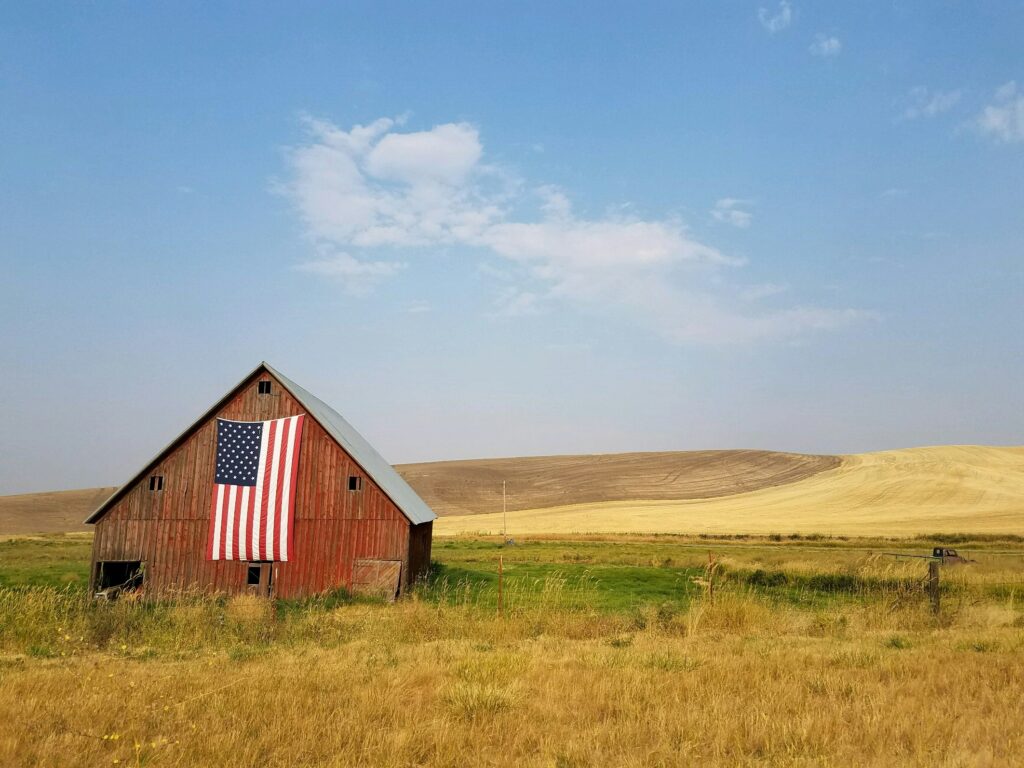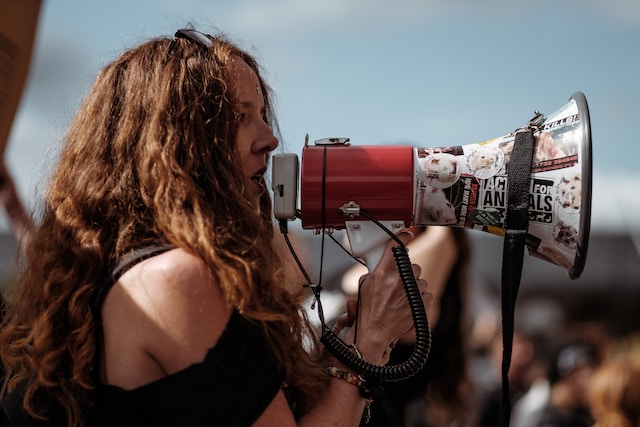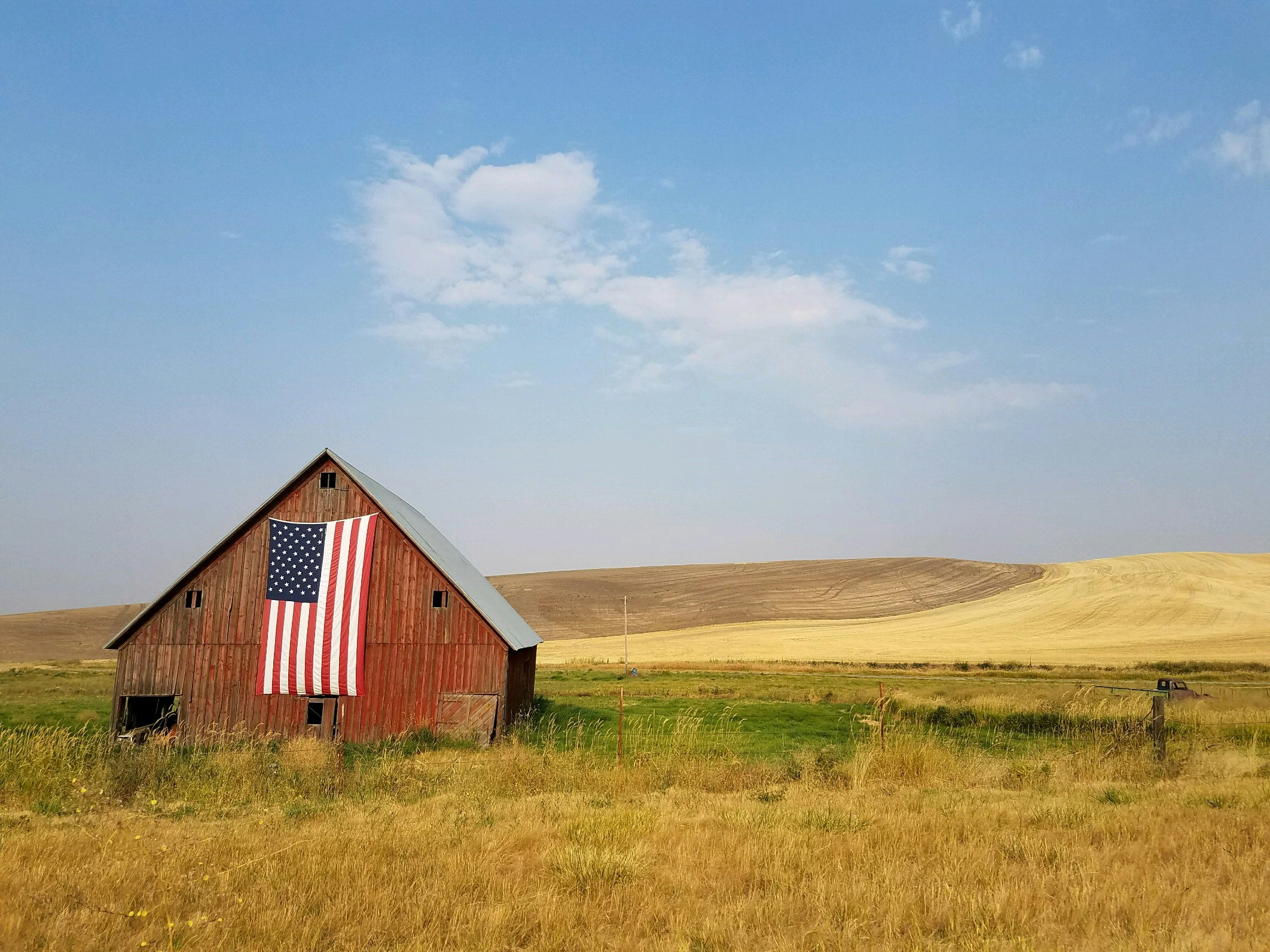Juniata County, PA — For Chris Hoffman, raising pigs isn’t just a job, it’s a 24/7 commitment and a calling. The Pennsylvania farmer runs a large-scale hog and poultry operation, managing everything from breeding to market while also advocating for fellow farmers as president of the Pennsylvania Farm Bureau. But over his 35 years in agriculture, Hoffman says the biggest shift he’s seen isn’t in technology, it’s in red tape.
“When I started in 1994, you could draw your own plans and get permits without too much hassle,” Hoffman explained. “Now, you need consultants just to file the paperwork, and the regulations keep piling up.”
Hoffman’s operation includes 1,200 sows, a nursery with 5,000 piglets, and a finishing site producing 25,000 to 30,000 market hogs annually. In 2012, he also took over a neighboring poultry farm, now raising over 250,000 broilers for Empire Kosher. But with growth came new challenges, particularly environmental regulations that were once voluntary and are now mandatory.
In Pennsylvania, his farm is classified as a Concentrated Animal Feeding Operation (CAFO), requiring a five-year permit and nutrient management plans updated every three years. “What started as a simple form has become a $5,000 consultant job,” Hoffman said. “And that’s before you even account for the $500 annual permit fees.”
Beyond compliance costs, the broader implications hit consumers. “When farmers pay more to operate, you pay more at the grocery store,” Hoffman warned. “It’s that simple.”
His advocacy work doesn’t stop at the state line. Hoffman is urging Congress to make permanent key provisions of the 2017 Tax Cuts and Jobs Act, which he says has helped farmers through bonus depreciation and lower corporate taxes. But he’s especially concerned about the estate tax. “If the exemption drops back down to $1 million, family farms like mine won’t survive another generation. My son wouldn’t be able to afford the taxes.”
Despite the challenges, Hoffman remains optimistic. “Farmers are already doing the right things. We protect our land, our water, and our animals. We don’t need government regulations to tell us how, we need policies that let us keep feeding America.”
For Hoffman, food security is national security. And he’s working to ensure both, one piglet and one policy at a time.









